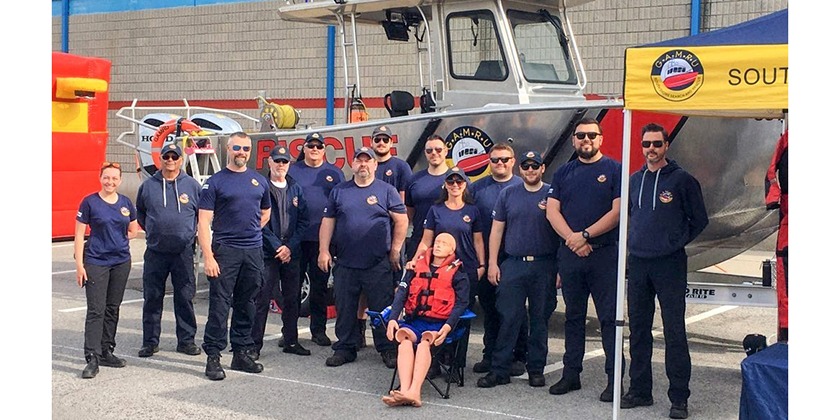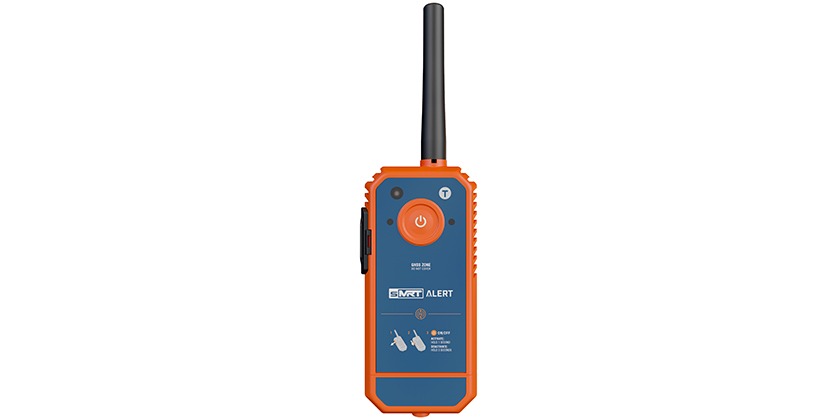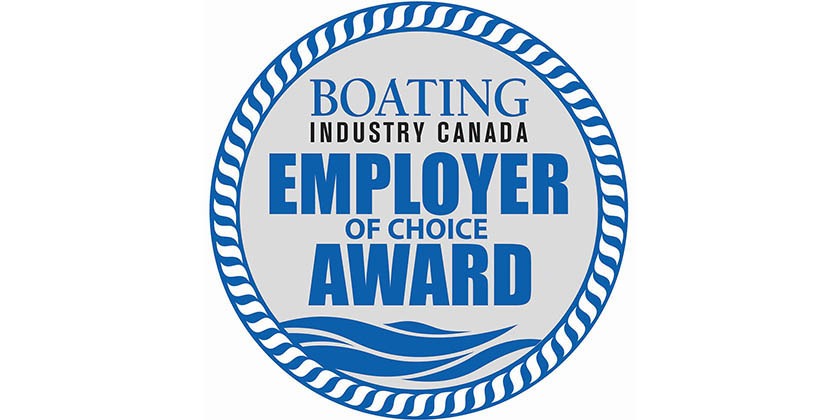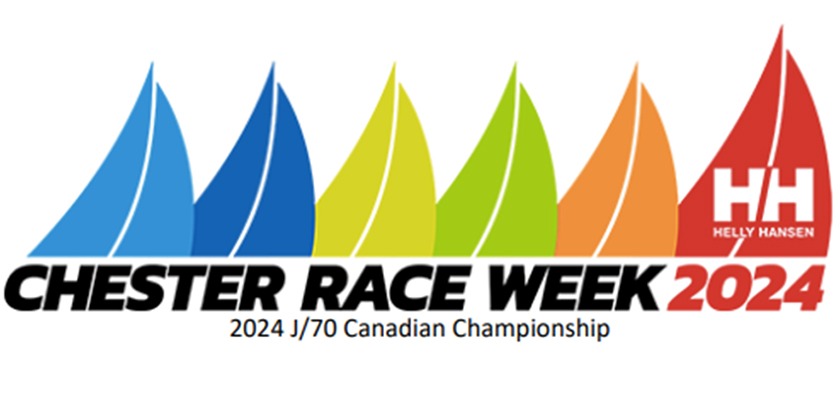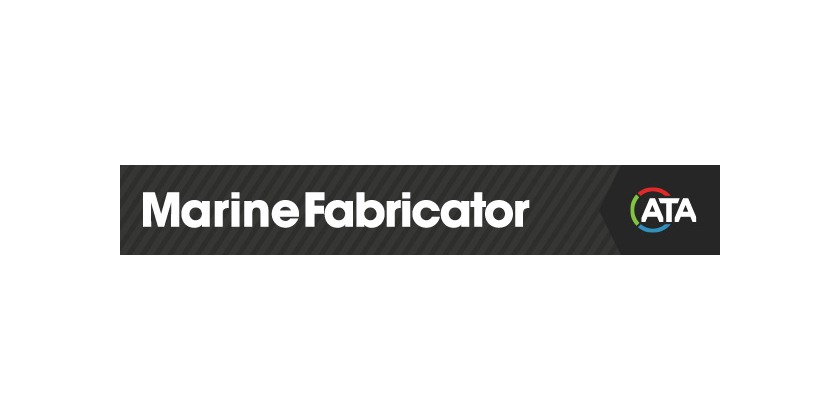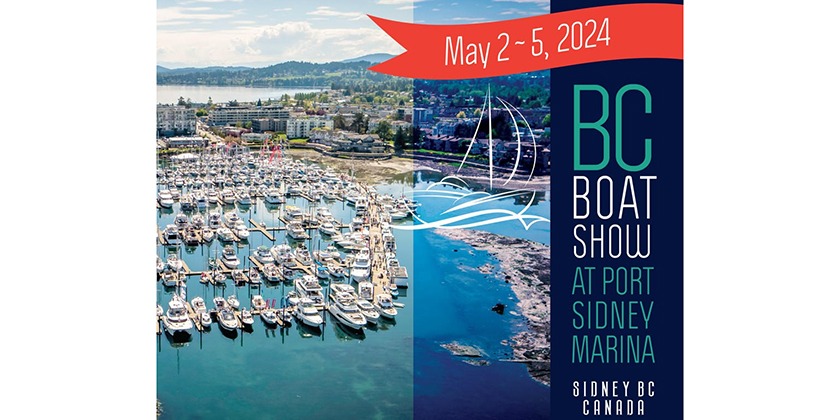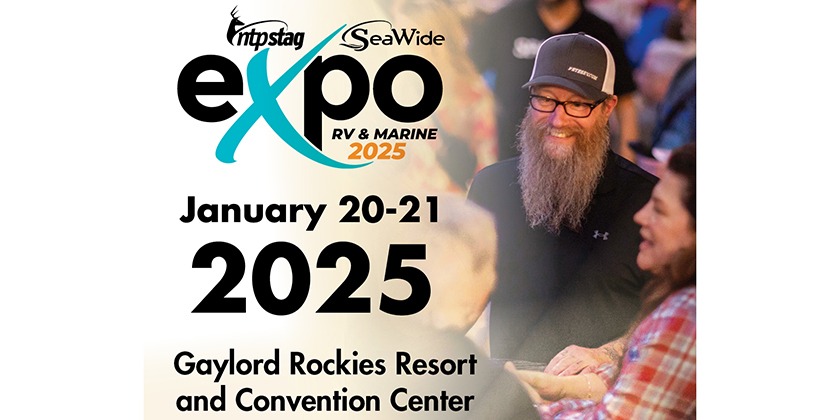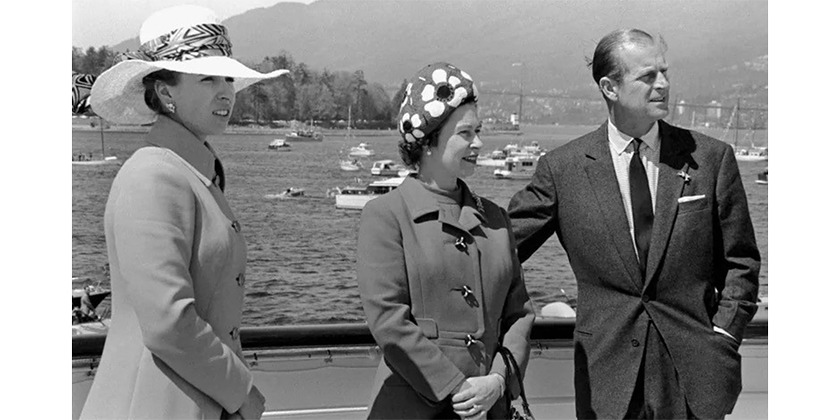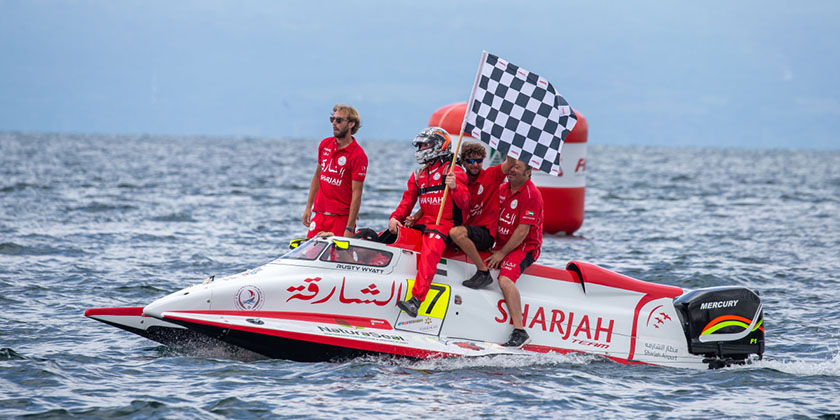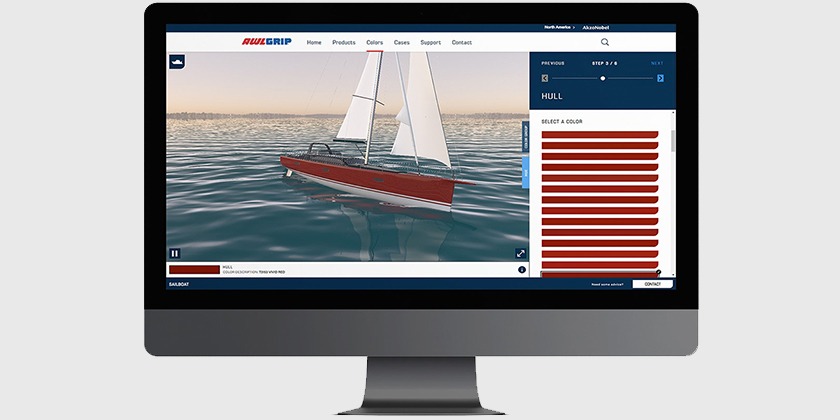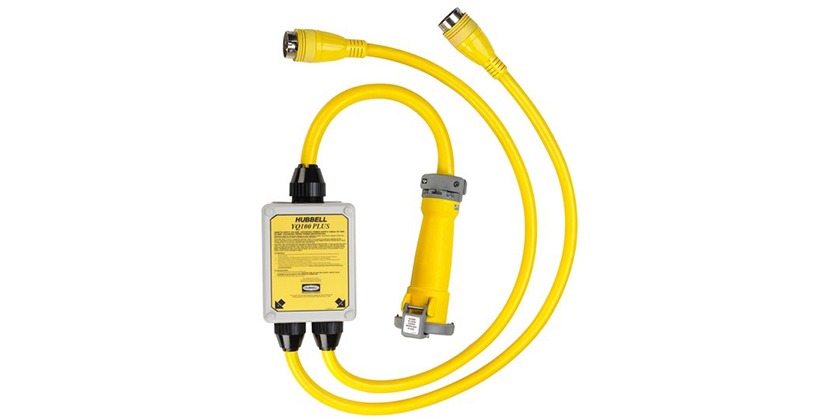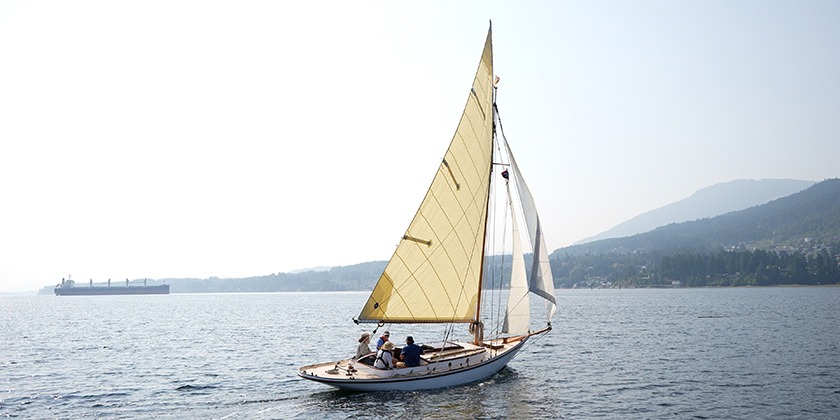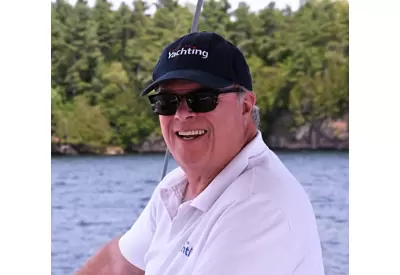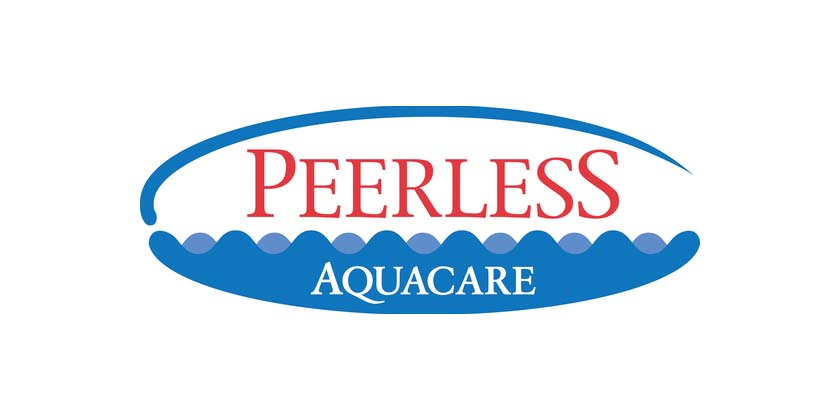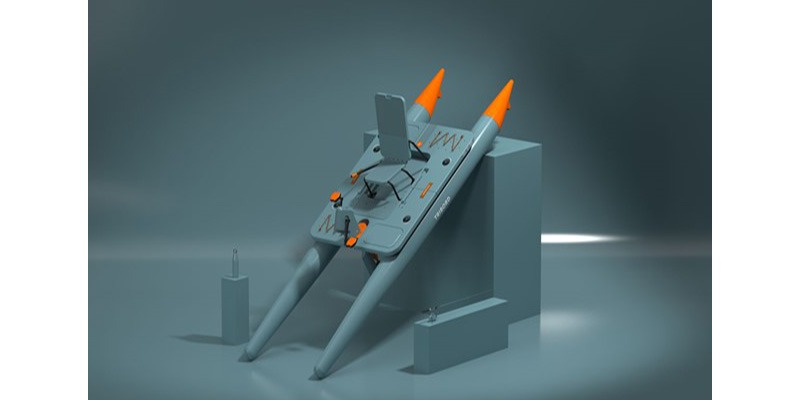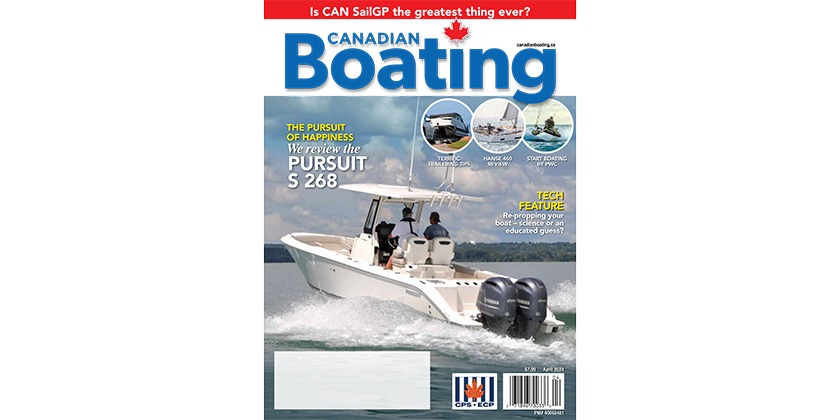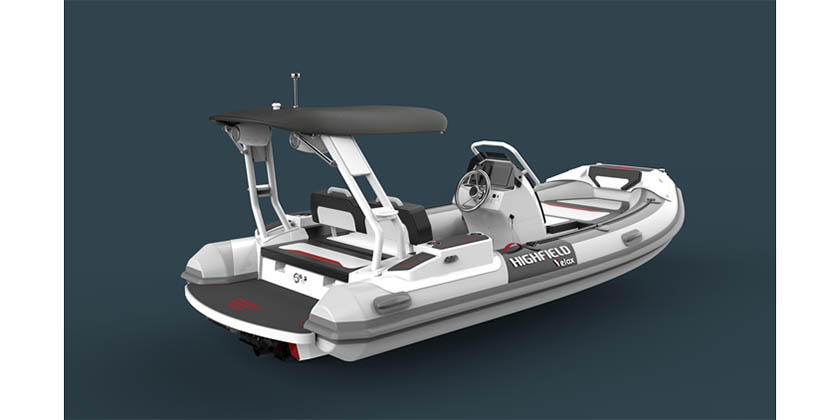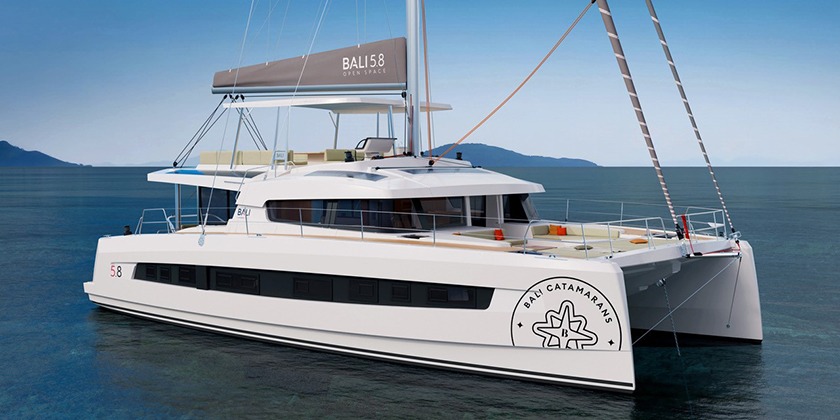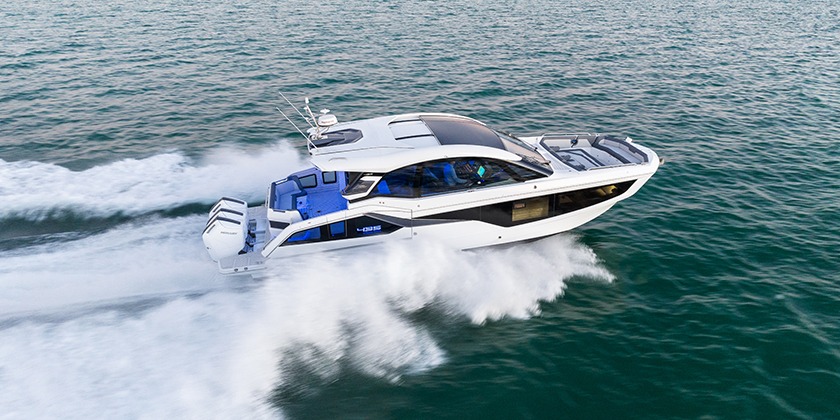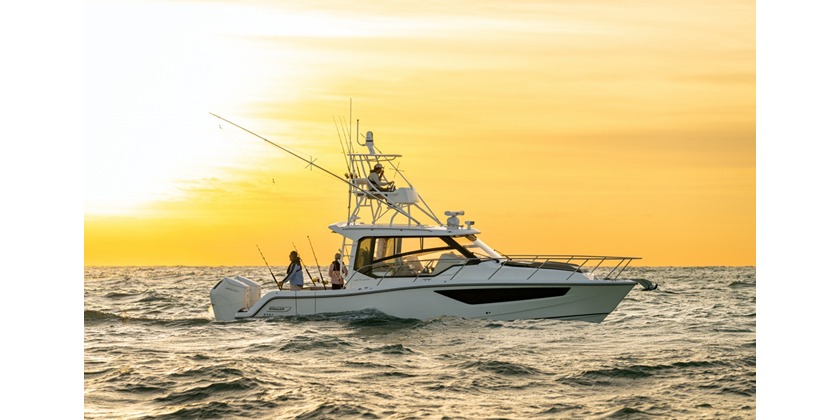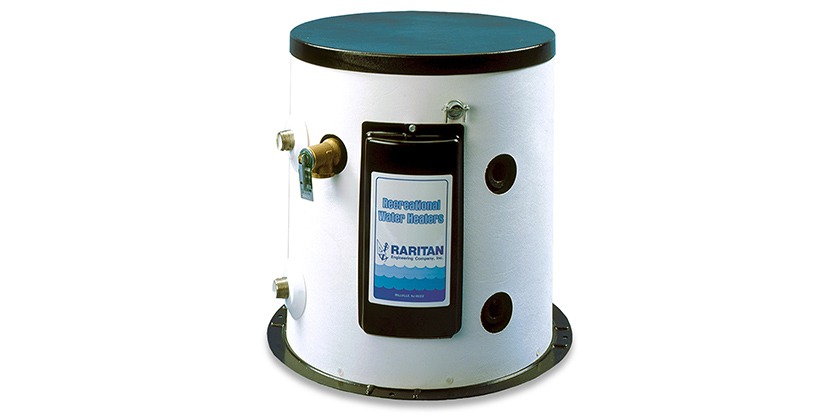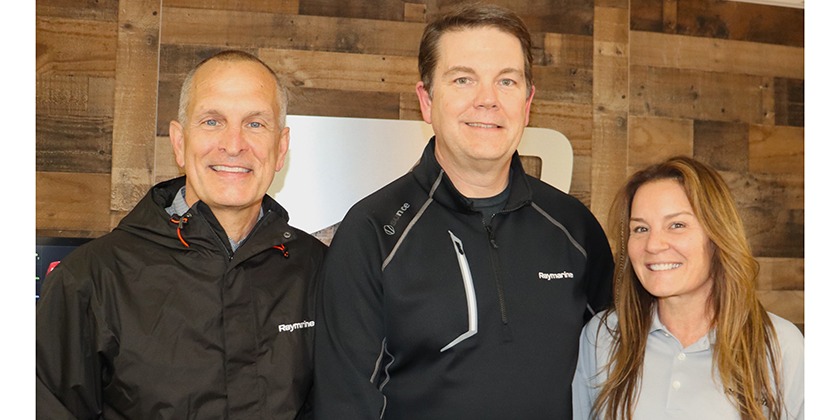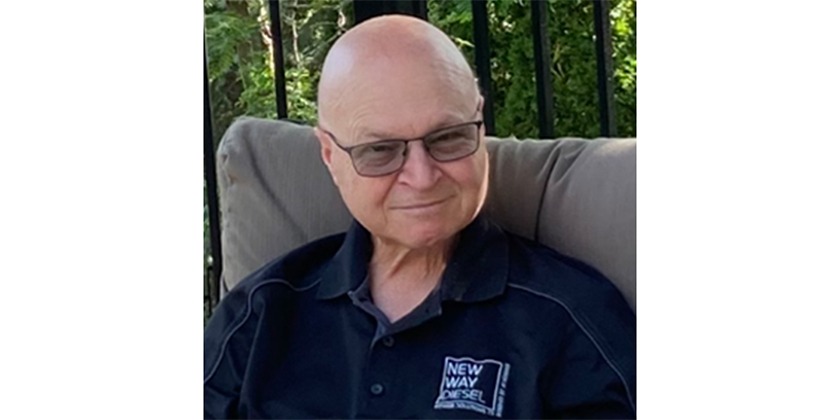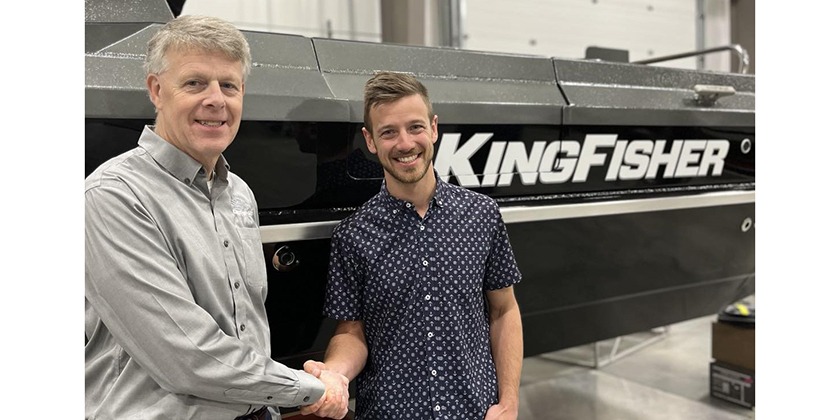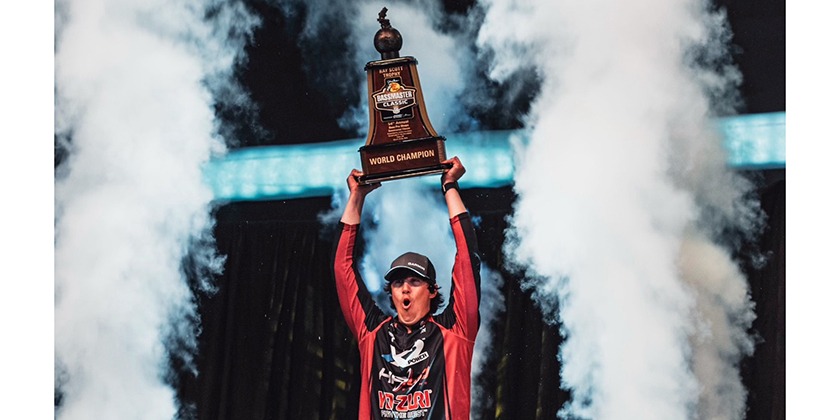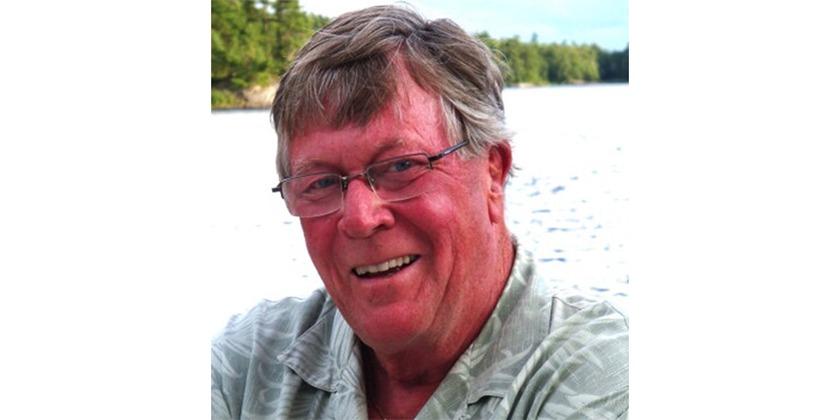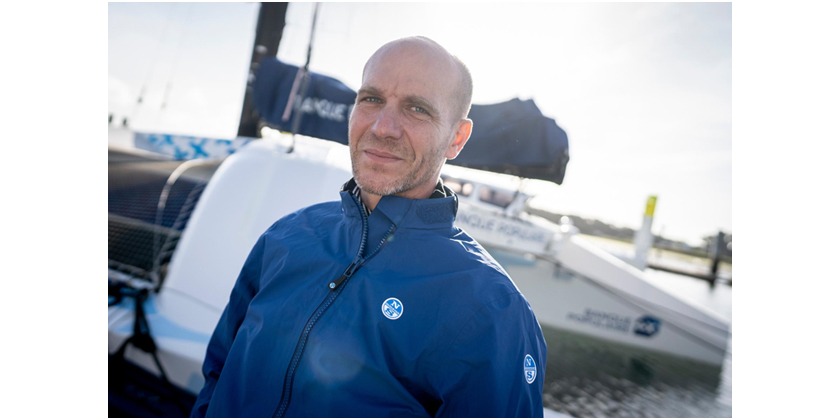Boats are not cars
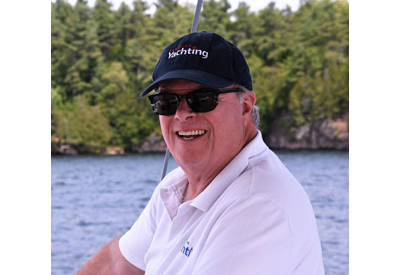
Apr 11, 2023
That certainly seems obvious when you say it, but I suspect that the vast majority of Canadians drive cars or trucks and that they equate their road driving skills to driving a boat on the water.
A lot seems the same. In many cases you are seated behind a windshield with a steering wheel in your hands. A throttle lever replaces the accelerator but that’s not a big adjustment to make. We know there’s no brake pedal on a boat and that can be a big adjustment for novice operators as they come in to dock.
We have all seen the novice docking videos on the internet. Then, there are the trailer launch ramp “fails” that can be both hilarious and tragic. Expensive too!
It’s plain to see that driving a car is nothing like driving a boat.
If you ever attend the car show like the one in Toronto each winter, you may walk the aisles and think there is a lot of variety, but there really isn’t. The driver is always positioned in about the same place, sits to operate the vehicle with a steering wheel, accelerator and brake pedals, and for virtually every passenger car or truck, everyone is seated and wearing a seatbelt. No one is walking around. You drive between the lines on paved roads engineered to support the posted speed limits.
When you go to the boat shows or just walk around the docks this summer, stop and think about the widely varying boat sizes, engines and horsepower ratings, helm arrangements and the specific purposes for the boats. A fishing boat has little in common with a sailboat and neither has much in common with a construction barge, or a PWC. Driving each of these is a very different experience.
Last week in this column I wrote that we need ‘education not regulation’.
There are some great boating educators out there. The yacht clubs and their sailing schools do a great job of teaching people how to sail. From Junior Sailing as a child to cruising a keelboat as an adult, they cover the bases and much of the knowledge transfers up.
Unfortunately, there are limited opportunities for people to learn how to operate a powerboat and that’s where we need help. In the United States, the same as in Canada, we pay a lot of “road tax” as part of the cost of gasoline at the pump. But in the U.S., they have a funding mechanism called the Wallop-Breaux fund.
Established in 1984 thanks to legislation authored by U.S. Sens. Malcolm Wallop and John Breaux, the fund was created as a collection point for most of the excise taxes attributable to motorboat and small engine fuels as well as fishing equipment.
The monies collected from those taxes are earmarked for a variety of state and federal programs, including the preservation of boating access areas, boater safety education and fish stocking.
By nearly all accounts, Wallop-Breaux has been a resounding success since its inception. Proponents call the fund one of the most effective “user pays, user benefits” programs ever, and say it continues to be a vital resource for the industry.
If the Canadian government were to adopt the same funding strategy, we could certainly develop a provincial funding mechanism for developing a boater education and a boating education and safety program that would be truly effective.
For environmental reasons, we need to also develop bigger launch ramp infrastructure including boat cleaning to help stop the spread of invasive species and again, a funding system like Wallop-Breaux could make that possible.
Blessed with almost countless inland lakes and rivers as well as about half of the Great Lakes shorelines and thousand of miles of ocean coastline too, I think that promoting boating and Canadian boating vacations should be a key economic priority for the Federal Government. Boating tourism should be a big financial win for the governments and much of that would come from either well-to-do Canadians or vacationing Americans. The rich would gladly pay for a great experience.
We need the government to see boating differently.
Andy Adams – Editor

